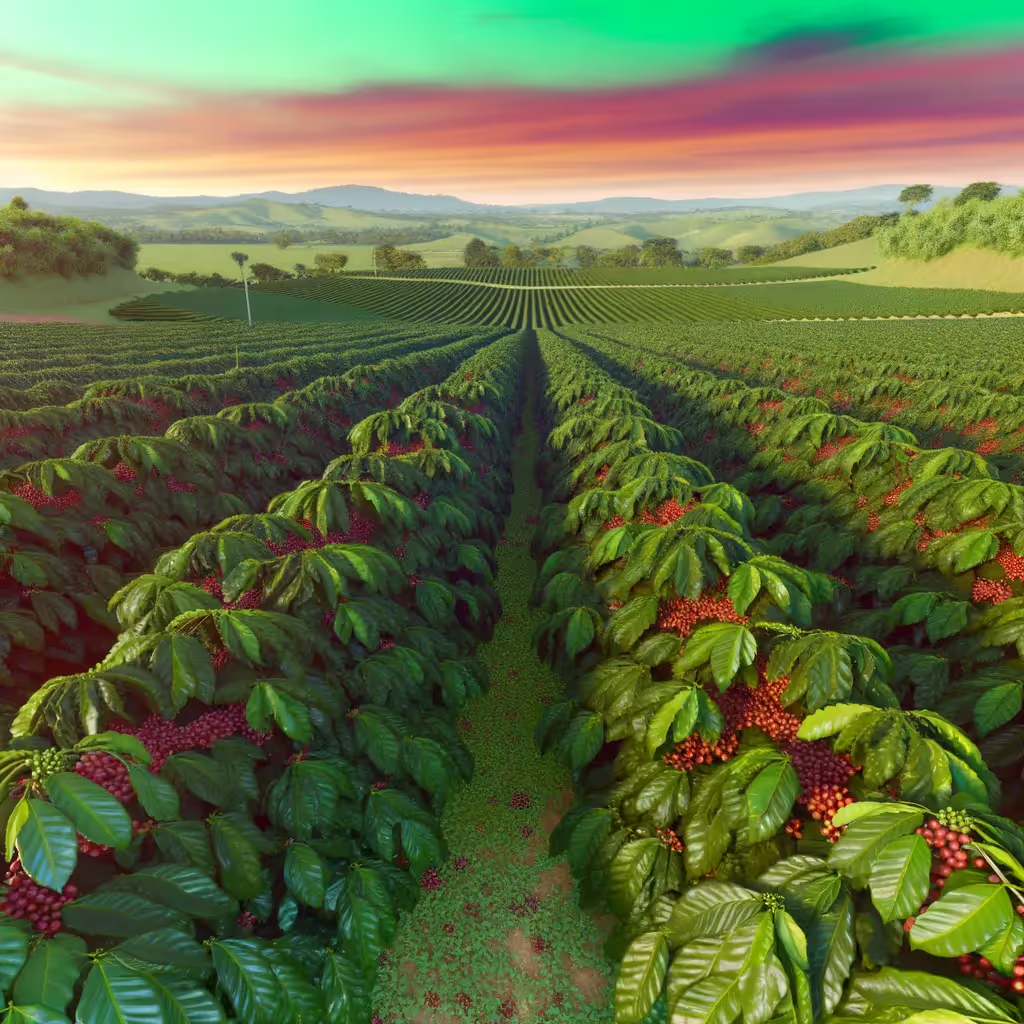Spanish Coffee: Discovering the Hidden Gem of the Canary Islands
The world's most expensive coffee, Café Barako, was once produced in small quantities on the island of La Palma in the Canaries.

Spanish coffee, primarily grown in the Canary Islands, is a hidden gem in the world of coffee. The unique microclimate and volcanic soil of the islands contribute to a distinctive flavor profile. While not as well-known as other European coffee producers, Spanish coffee is gaining recognition for its smooth, balanced taste and subtle complexity. The limited production adds to its exclusivity and appeal among coffee enthusiasts.
History
Coffee cultivation in Spain dates back to the 18th century when it was introduced to the Canary Islands. The islands' subtropical climate and volcanic soil proved ideal for coffee production. While never becoming a major global producer, Spain has maintained a small but dedicated coffee industry, primarily centered in the Canary Islands. In recent years, there has been a renewed interest in Spanish coffee, with efforts to expand production and promote its unique qualities.

Spanish
Local Coffee Customs
Economic Impact
Awards
- Agoro Taste of Spain Award (2019)
Brewing Methods
- Espresso
- Moka Pot
- French Press
Certifications
- Denominación de Origen Protegida (DOP)
- Organic Certification
Common Varieties
- Typica
- Bourbon
- Catuai
Flavor Profile
- Chocolate
- Nuts
- Citrus
Popular Brands & Roasters
- Café de Agaete
- Finca La Laja
- Cafés Guilis
Tourism & Culture
Visitors to the Canary Islands can explore small coffee farms, particularly in La Palma and Gran Canaria. Some farms offer guided tours and tastings, providing insight into the unique Spanish coffee production process and the islands' coffee culture.
Future Outlook
The Spanish coffee industry is poised for growth, with increasing interest in specialty and origin-specific coffees. Producers are focusing on quality improvement and sustainable practices to compete in the global market. The unique terroir of the Canary Islands offers potential for developing distinctive, high-value coffees that could gain international recognition.
Roast Recommendations
- Medium
- Medium-Dark
Sustainability Practices
- Shade-grown cultivation
- Organic farming practices
Traditional Preparation Methods
- Café con leche
- Café bombón
Typical Harvest Season
Typical Processing Methods
- Washed
- Natural
- Honey




